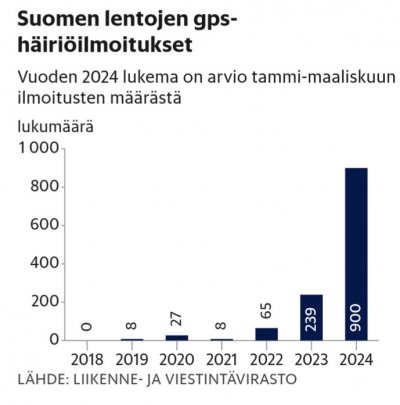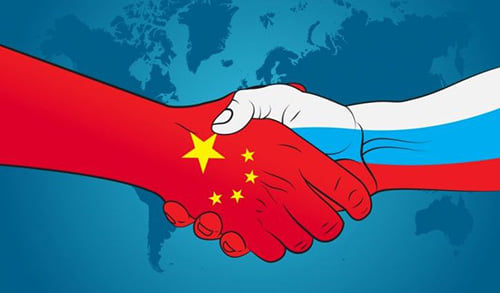Russian President Vladimir Putin has signed a
decree approving a new Climate Doctrine. The key goal of the document is to achieve carbon neutrality in Russia by 2060, which entails reducing emissions of carbon dioxide and its analogues in manufacturing activities to zero.
Strategies to achieve carbon neutrality require the establishment of a regulatory framework and tools that will help reduce direct emissions, the development of carbon capture technologies, and the creation of favourable conditions for investment in carbon negative projects.
One tool to encourage companies to reduce direct emissions is the creation of digital carbon trading platforms to reduce the carbon footprint of a person, organization, event, or even product. Certified emission reductions (carbon credits) constitute the proven results of a company’s climate change project, expressed in terms of greenhouse gas emissions that have been prevented or reduced. The company can offset these reductions against its own carbon footprint, transfer them, or sell them to other businesses.
“Climate change is one of the most serious challenges of the 21st century, which transcends scientific discussions and represents a complex problem encompassing environmental, economic, and social aspects of the sustainable development of Russia and the world as a whole,” Advisor to the Russian President Anton Kobyakov said.
In September 2023, Vladivostok hosted a unique event for the business events industry: Roscongress Foundation and the petrochemical company SIBUR agreed to transfer carbon units to the Eastern Economic Forum to completely offset the Forum’s carbon footprint. Thus, thanks to SIBUR’s climate projects, the EEF will become the largest carbon neutral economic forum in Russia with confirmed international verification.







